Materials scientists who know their Dumas.


Materials scientists who know their Dumas.
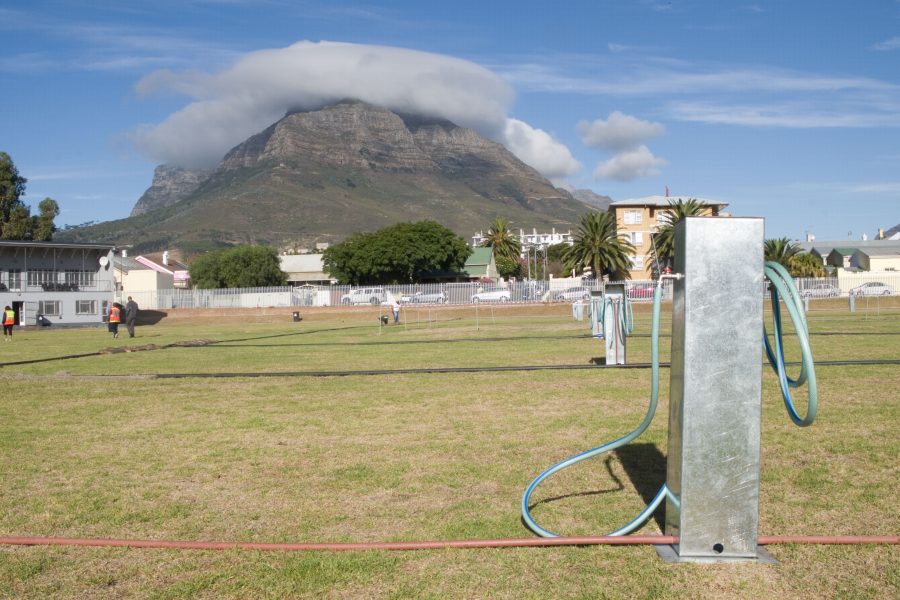
The 2018 water crisis that drew the world’s attention was the worst on record, threatening 4 million people.
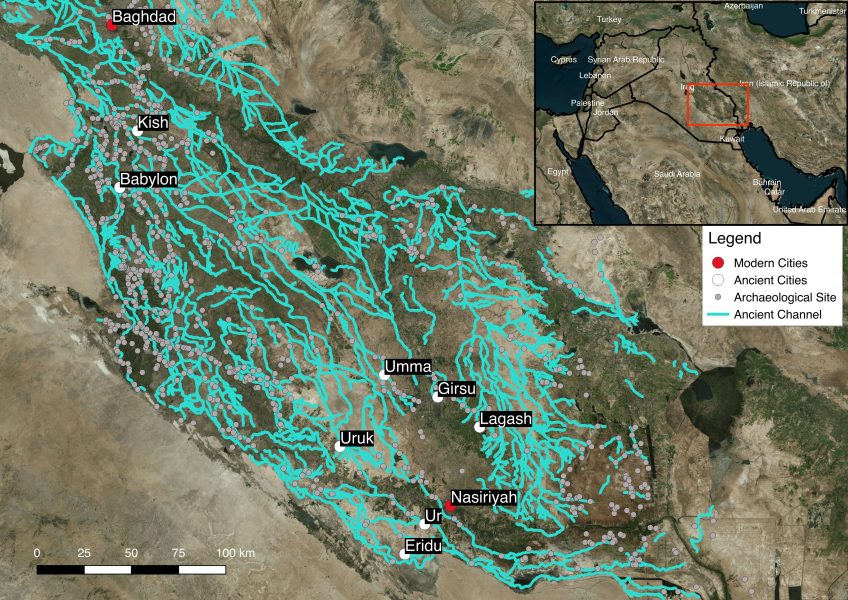
Southern Mesopotamia, modern southern Iraq, was home to the world’s oldest cities and complex societies.

As research recognizes the importance of ecological impacts of drought to natural and human communities, drought planning processes need to better incorporate ecological impacts.

Reseachers from KAUST present their flexible and biofouling independent salinity sensors.
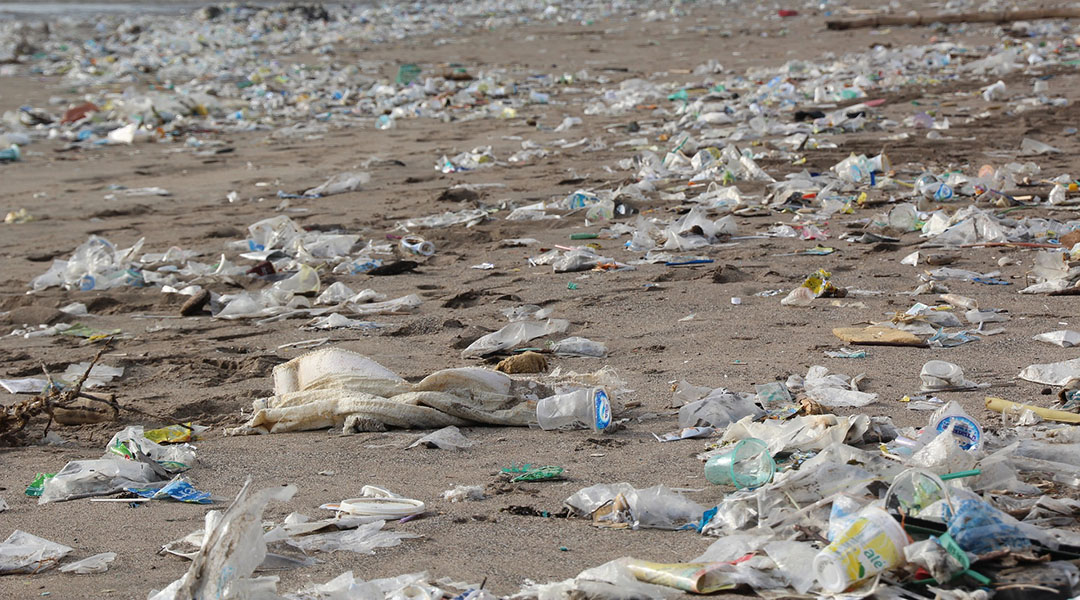
Researchers in Germany exploit enzymes to break down and recycle the most widely-used plastic for packaging.
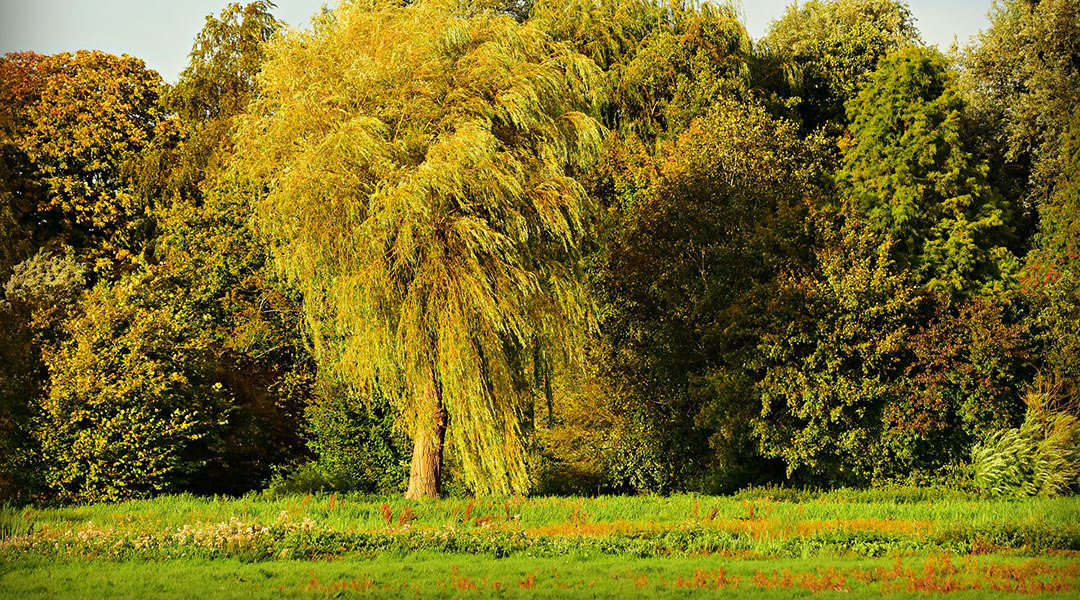
Poplars and willows are sustainably grown to conserve or utilize water in a variety of applications.

Extended droughts, or droughts that are warmer or more frequent than they have been in the past, can have large consequences on water availability, forest productivity, and forest mortality.
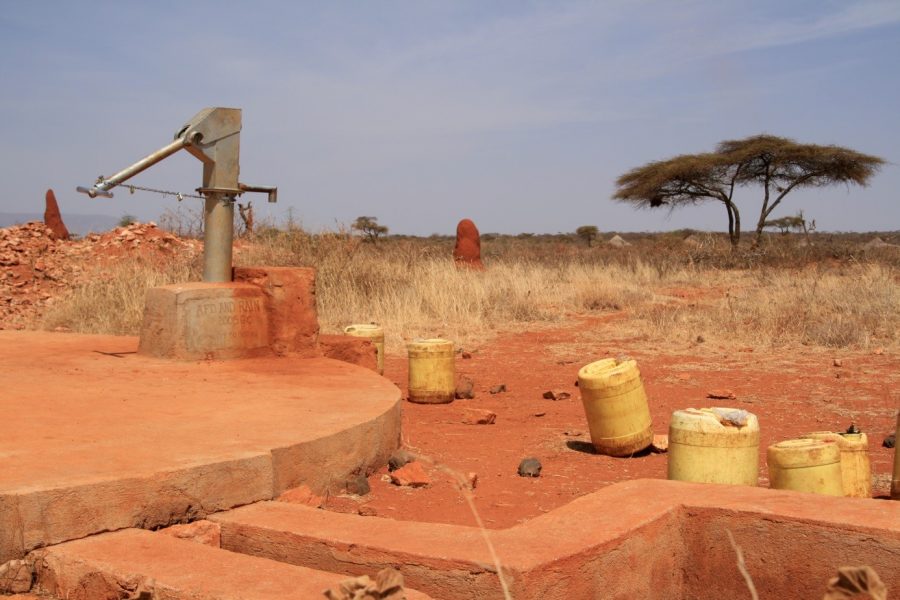
As climate variability continues to increase and socioeconomic development influences the distribution of wealth and people, drought risk is expected to increase in many parts of the world.
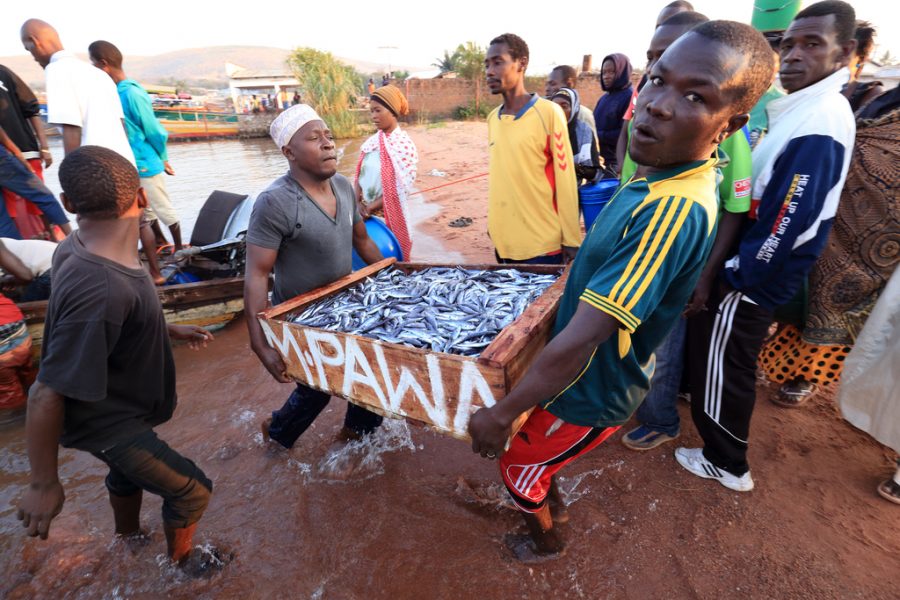
Can plasma offer a solution for decontamination of food or water which includes the presence of proteins?